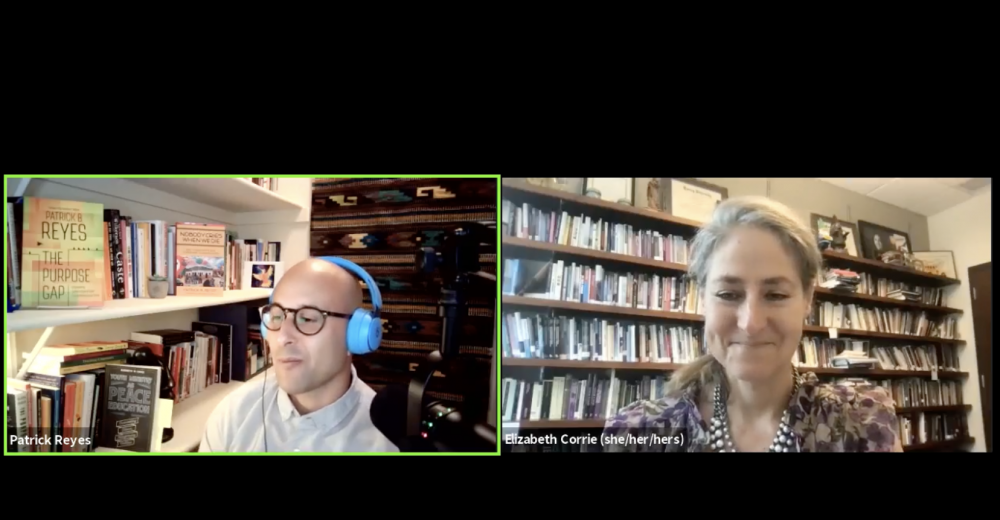
Do you believe young people are a force for leading movements to change policy and culture, yet also believe churches are notably absent in supporting and mentoring them?
Like you, she has seen the students of Marjory Stoneman Douglas High School, Climate Strikers and the originators of the Standing Rock protests and Black Lives Matter movement leading our communities and world into deeper discussions of social justice. But, like you, she has also seen the church not at the forefront, but often in the background.
Beth takes seriously the capacity of young people and their unwillingness to accept injustice. And she discussed how to integrate new tools and insights into the typical facets of congregational youth ministry so that high school students are empowered to actively establish God's shalom, peace, justice and well-being.
During our time with Beth, we:
-
Explored cultural images of youth matter for our ministry. There is a historical and sociological context for how adults have come to see young people, and the way we see them shapes our work with them. Typically, we see youth as either “Incomplete Adults” or “Precocious Delinquents” and both images tend to push us to want to control young people and keep them from engaging in social justice. If we care about teaching peace with youth, we must first critically examine our assumptions about young people.
-
Learned how congregations can teach peace through implicit as well as explicit practices. There are opportunities to take the typical activities of youth ministry—fellowship, Bible study, Confirmation, mission trips/service projects, worship—and engage students in creative ways that help teach skills like democratic decision making, disagreeing with respect and empathy, sitting with complexity, considering race/class/gender in interpersonal and structural ways, and developing a spirituality that nurtures working for justice and peace for the long haul.
-
Re-envisioned what discipleship means and what the role of the church is in the midst of this. If we look at what Jesus DOES, in addition to what he SAYS, we see a teacher who engaged in creative ways of teaching and modeling strategies for building God’s shalom in the world. If we want to be disciples of this Jesus, we need to emulate what he does as well as what he says. The church can be a place for teaching disciples the skills and dispositions for going out into the world to build God’s shalom. The church is not just about coming together for shelter from the world, although that is often needed, but about equipping disciples to go back out into the world.
Why Beth Corrie?
Dr. Beth Corrie is the Associate Professor in the Practice of Youth Education and Peacebuilding and Director of the Religious Education Program at Emory University’s Candler School of Theology. Her teaching draws on commitments to both peace with justice and the education of young people, particularly the development of teaching and ministry that empower people for global citizenship.
Grab your copy of Beth's latest book, Youth Ministry as Peace Education: Overcoming Silence, Transforming Violence.